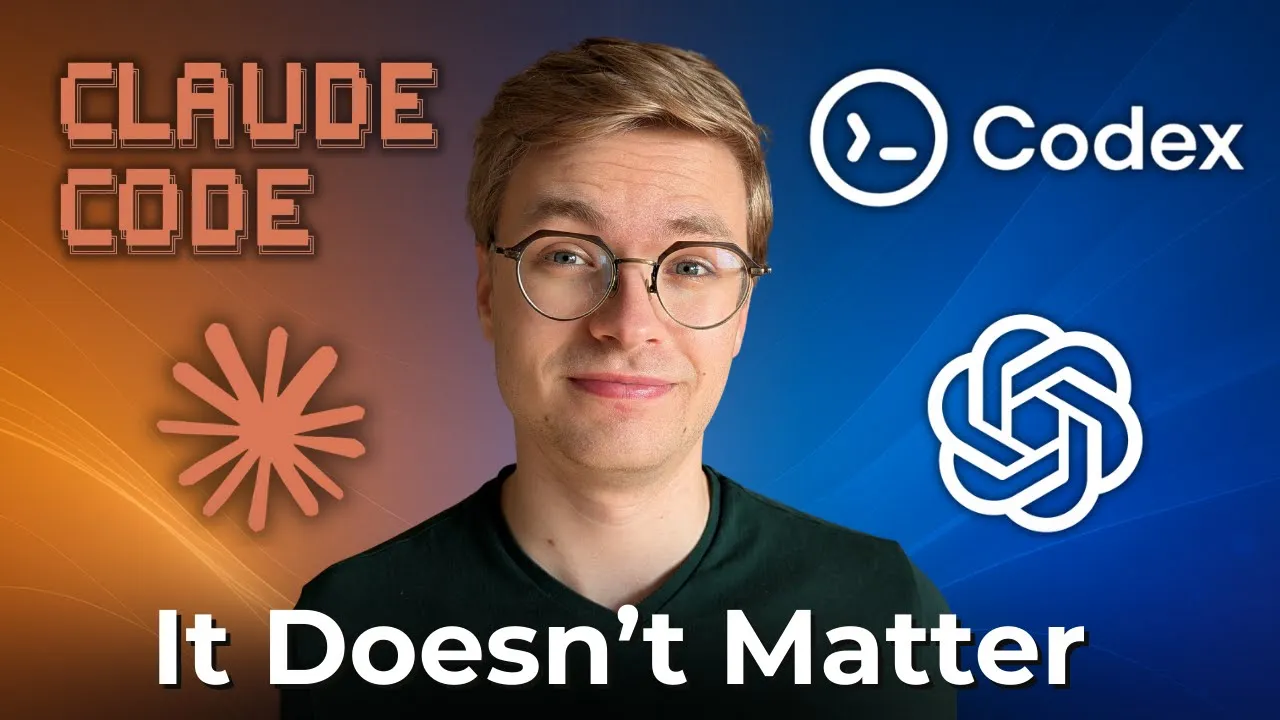Claude Code vs OpenAI Codex Mastery-Driven CLI Comparison
Most Claude Code versus Codex debates revolve around single prompt screenshots. That is not how engineering teams work. After running both tools through repeatable CLI sessions, orchestrating refactors, and debugging production issues, I have seen how each assistant behaves when the good demos end. Claude Code rewards mastery with reliable conversations, while Codex offers fast code generation that still needs disciplined supervision. For a deeper dive into each assistant individually, review Claude Code Tutorial Complete Programming Guide and the broader comparison in ChatGPT vs Claude Programming Comparison Guide.
Workflow Philosophy
Claude Code treats every request like a collaboration. The CLI encourages context-rich prompts, retrieval of multiple files, and incremental improvements. It often asks clarifying questions before executing a change, keeping you in the loop throughout the session.
OpenAI Codex moves fast. It leans toward completing code immediately, which feels productive when you want a quick prototype. The trade-off is variability: running the same command twice can produce different answers, so you must review outputs carefully.
Pick Claude Code when you want a conversational partner that mirrors senior pair programming. Choose Codex when raw speed matters and you are prepared to guide it tightly.
Determinism and Reproducibility
In the CLI shootout, Claude Code delivered consistent refactor plans across multiple runs. By supplying file paths and objectives, I received almost identical change sets each time, which made it easy to review diffs and trust the workflow.
Codex required more oversight. Re-running a command often produced alternative implementations or reintroduced bugs. The output was still useful, but I needed stronger guardrails and unit tests to keep the project stable. Non-deterministic behavior is not a flaw, but you should plan for it with version control discipline.
If you value repeatable results, lean toward Claude Code. If you enjoy sampling various ideas rapidly, embrace Codex while doubling down on tests. I unpack the dangers of shallow matchups in Why AI Coding Tool Comparisons Are Pointless.
Debugging and Architecture Support
Claude Code thrives on deep context. Feeding it stack traces or design questions leads to thoughtful explanations and step-by-step remediation. It treats documentation and architecture conversations as first-class tasks, which is ideal when you are untangling complex systems.
Codex excels at code generation once you already know the fix. Provide a concise request and it will draft functions, migrations, or configuration updates quickly. The burden is on you to ensure the request contains all necessary assumptions.
Use Claude Code for investigative work and high level decisions. Use Codex for producing code after you have mapped the path forward.
Tooling Discipline and Git Hygiene
Claude Code reinforces healthy habits. The CLI nudges you to review diffs, stage changes intentionally, and explain decisions. This structure keeps junior engineers aligned with professional workflows and reduces the chance of silent regressions.
Codex integrates well with editors and API calls, but it does not enforce process. It will happily generate large patches without explaining reasoning. Teams relying on Codex should establish their own checklists for review, testing, and documentation.
If you want a tool that coaches better engineering practices, Claude Code embraces that mindset. If you already have strong discipline, Codex delivers raw output that experienced developers can refine quickly.
Decision Guide
- Choose Claude Code when: you need reliable collaboration, value deterministic refactors, or want an assistant that questions assumptions before acting.
- Choose OpenAI Codex when: you prioritize rapid code drafts, enjoy exploring multiple implementations, and have a robust review process.
- Hybrid approach: design architecture and run deep investigations with Claude Code, then pass focused implementation tasks to Codex for fast execution.
Watch the full CLI comparison and see these behaviors in action at https://www.youtube.com/watch?v=9nBpIz6RIWk. Looking for coaching on choosing and mastering AI coding assistants? Join the AI Engineering community where Senior AI Engineers share prompt libraries, review checklists, and workflow templates.
